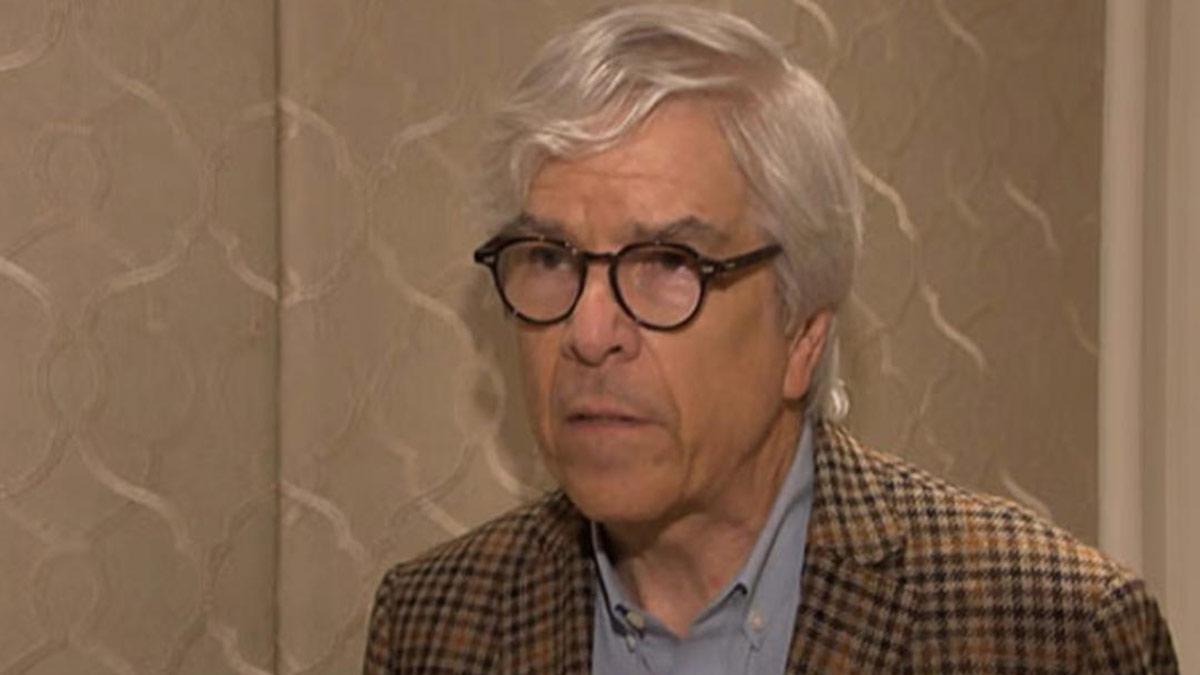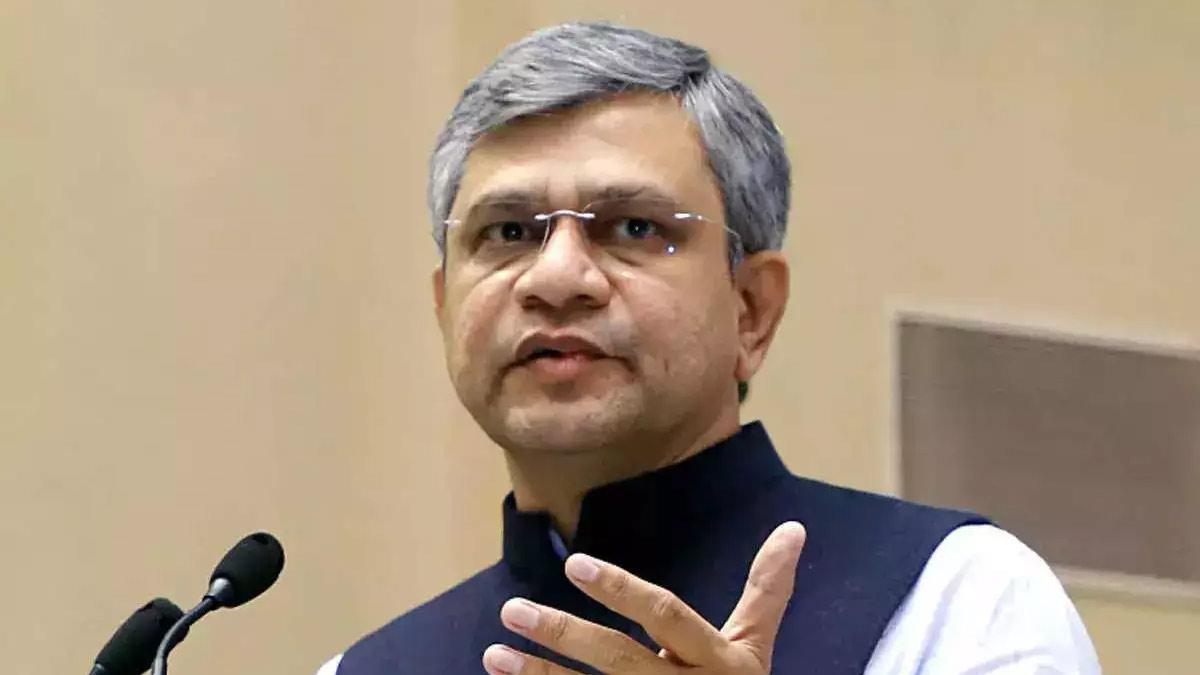Nobel Laureate Professor Paul Michael Romer today termed India's digital revolution as one of the most inspiring and interesting success stories and said that it has set a new benchmark for world powers.
Prof Paul Michael Romer, also the former Chief Economist of World Bank, is currently in India and will be one of the lead speakers at the two-day NDTV World Summit, starting from October 21.
One feature related to India's digital transformation he draws attention to, speaking about his views of India's digital prowess, is unique and by adopting it, the South Asian nations can greatly benefit, he concluded.
"He has said that India's digital revolution made the lives of the masses easier and simpler, but for the entire world, this has emerged as an example," he stated.
Before his participation in the discourse at NDTV platform, the Nobel Laureate hails Prime Minister Narendra Modi-led government for pulling off the helm to make the digital penetration into masses and push it to every nook and corner of the country.
"The digital revolution here is very interesting because it is being used by the government to provide benefits to all members of society. It is very different from most countries of the world where the target is a lucky few beneficiaries. India's story is unique because it is providing benefits to all," he said.
He says that when asked to comment on how India's digital success can be a model for South Asian nations, he said that online services like UPI, DBT, Digilockers, and many more have shown tremendous success and the southern nations could emulate it for writing a similar success story for them.
"Other countries, particularly in the South should believe that if India can do it, we can also do it. They can draw inspiration and confidence from India and harbor an ambition to create a success story. They don't need to be dependent on rich countries, rather should initiate work based on their own ground realities," he told mediapersons.
His response to the question on India's astonishing success in digitizing the economy with very little online literacy was that he has always been a strong votary of technology as a great enabler.
"In 1980s, I strongly vouched for technology to be a life-changing enabler. Technology can improve the quality of life-and is visible in countries like Singapore, South Korea and more. When China grew faster than any other country, some attributed it to its size. However, in democracy what matters is the country's capacity, its ambition and vision to achieve, he remarked".
Read also| India Set to Reach 1.2 Billion Smartphone Connections by 2030, Half 5G-enabled
Read also| 1 in 2 Smartphones Worldwide Now Feature 50MP Cameras, Report


















